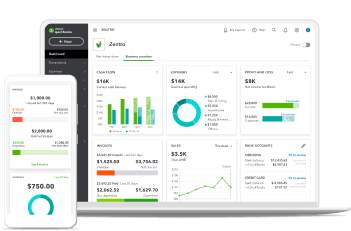Current relaxation period for e-invoice implementation
The Inland Revenue Board of Malaysia (IRBM) has introduced a six-month relaxation period for businesses in each phase to ease the transition. During this time:
- Businesses can issue consolidated e-invoices for all transactions, including B2B transactions.
- More flexible product/service descriptions are permitted.
- No penalties will be imposed under Section 120 of the Income Tax Act 1967 for non-compliance.
However, from 1 January 2026 onwards: For any transaction exceeding RM10,000: Businesses must issue an individual e-invoice. Consolidated e-invoices are not permitted for such transactions.
NOTE: This phased approach aims to facilitate a smooth transition towards
e-invoicing, ensuring that businesses of all sizes can adapt effectively to these
new compliance requirements.



